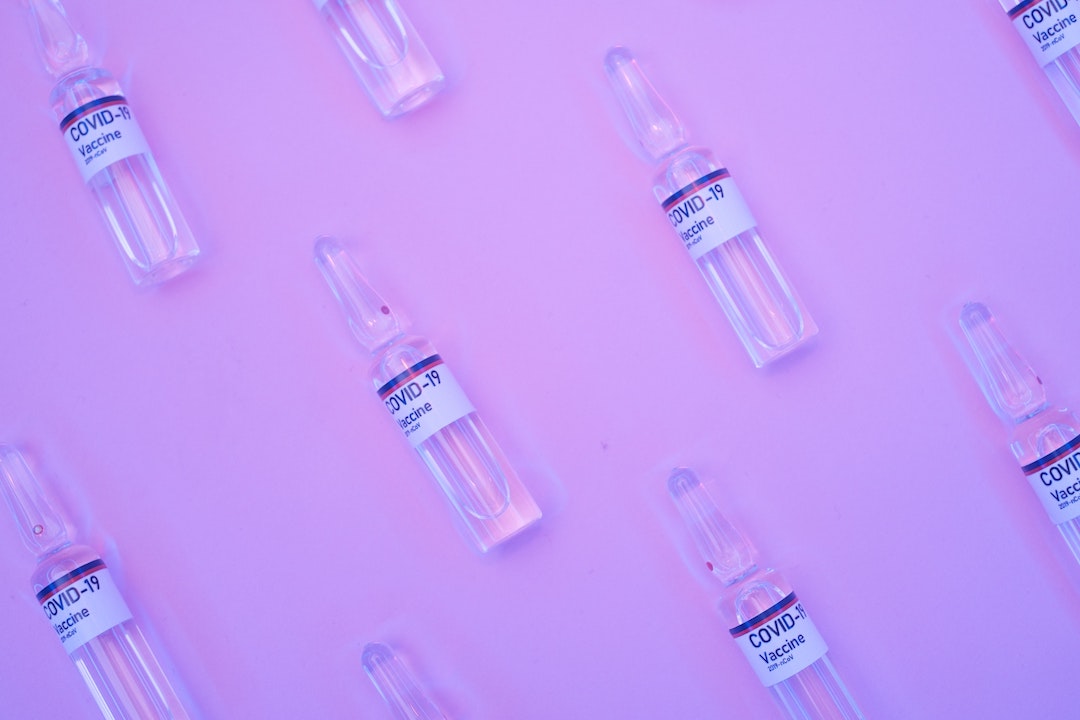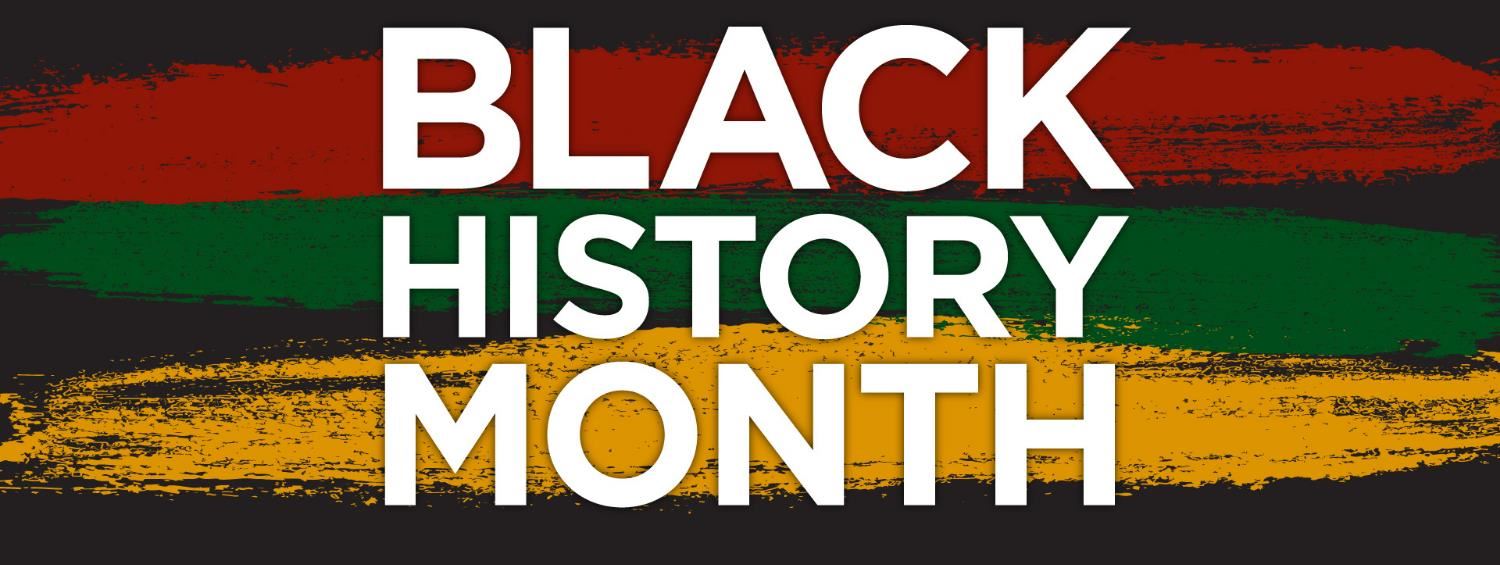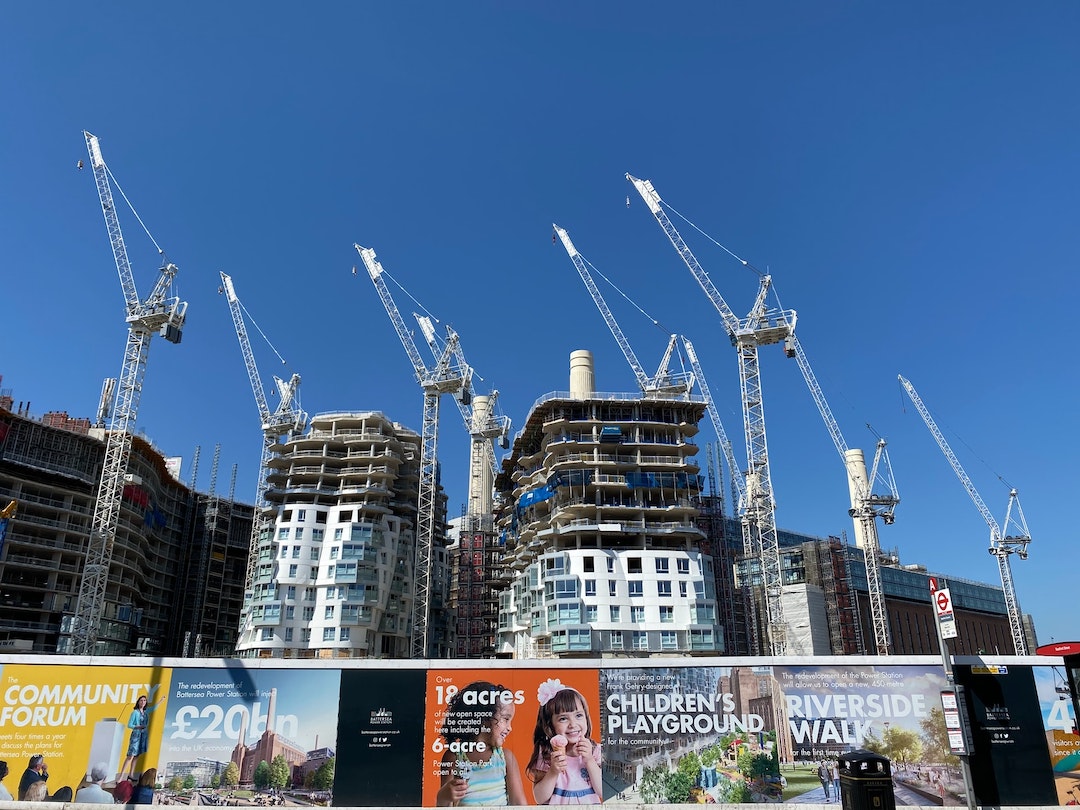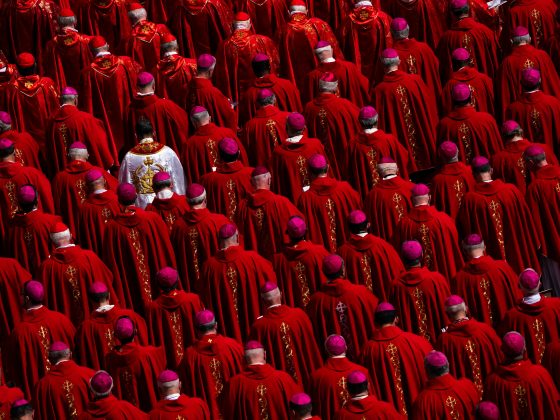In 2020, one of the world’s most pressing challenges was to develop a vaccine against COVID-19. There is no doubt that the astonishing human ingenuity which led to the successful development of effective and safe vaccines in record time provides a light at the end of the tunnel.
But that light needs to shine for everyone. This year, we face an even more complex problem: getting those vaccines into the arms of people in every part of the world, both rich and poor.
The rollout of COVID-19 vaccines is an unprecedented global vaccination drive in history, covering countries at all income levels across the world.
Vaccine developers are estimating that they can make sufficient doses for more than one- third of the world’s population by the end of 2021. Thus, the biggest logistical challenge the world has ever seen – of shipping, storing, freezing, communicating and vaccinating – is just beginning.
To achieve it, we need all hands on deck, including bold and innovative action from multinational organizations, governments and industries. We must also focus on building trust and confidence – in institutions, in health services and in the vaccines themselves.
UNICEF understands this, because we are already the largest single vaccine buyer in the world. Every year, we procure more than 2 billion doses of vaccines on behalf of nearly 100 countries. These are for regular childhood immunizations — for measles, polio and many other diseases.
Now, we’ve been called upon to use this longstanding expertise to lead the procurement and delivery of COVID-19 vaccines through the COVAX Facility. This is a global cooperation mechanism for pooling risk, and buying power, to ensure a fair allocation of vaccines to all countries, regardless of how rich or poor their populations may be.
The COVAX Facility and the United Nations are committed to making sure that vaccines are treated as global public goods, and making vaccine doses available for at least 20% of countries’ populations. The aim is to procure a diverse and actively managed portfolio of vaccines that can be delivered as soon as they are available, to hasten the end of the acute phase of the pandemic.
We recently signed a charter along with the World Economic Forum and 18 shipping, airline and logistics companies to support the inclusive and safe distribution of COVID-19 vaccines. We are grateful to the industry for stepping up – we need their support not just now but also for future pandemics and other humanitarian emergencies. This is a great example of public-private cooperation in action.
Thanks to support like this, COVAX has made a good start. Now, 186 countries are part of the facility – including the richest nations, who have been prudent enough to recognise that in the context of a global viral pandemic, fairer is also wiser. They see that it is only through the equitable distribution of vaccines that the world can slow the pandemic and allow the safe reopening and rebuilding of their societies and economies.
Ensuring fair access to affordable COVID-19 vaccines for every country isn’t just the morally right thing to do – it is in the enlightened self-interest of every person alive today.
As the number of vaccines available is likely to be limited at first, they must be prioritized for use among frontline health workers and high-risk populations to ensure that deaths are prevented and that frontline health workers can continue to function and help children and communities get back to normal. Once the initial target groups are covered, vaccine use must be made available for other essential workers, then other groups.
This pandemic will never be defeated alone. It’s only over when it’s over for us all.
Yet, as I write, the risk of “vaccine nationalism” remains very real indeed.
While governments have an understandable need and desire to protect their own vulnerable populations and healthcare systems, if they do so by pursuing bilateral “side deals” with vaccine manufacturers, they risk undermining the COVAX Facility. We’ve seen some richer countries purchase far more doses than they will need for their own populations, and this affects pricing, creates chaos in the market and damages the coordinated approach to which they have committed.
Initially, “over-contracting” was justified because countries were investing much-needed capital into promising research and development. At the same time, countries who could afford to do so were hedging their bets while multiple vaccine developers ran clinical trials.

But now as several vaccines are nearing regulatory approval, these richer nations are likely to have a surplus of supply. We urge wealthier nations who have bilaterally purchased high volumes to consider donating them through COVAX. UNICEF stands ready to channel vaccine donations of quality-assured vaccines to COVAX-participating countries. It is the fairest way to allocate doses.
Meanwhile, vaccine manufacturers must also play their part. We are relying on them to prioritise COVAX by making trial data and vaccine doses available quickly, fairly and affordably. We can only succeed by working hand in hand. A failure of global humanity, of cooperation between nations, and between the public and private sectors could cause this vital mechanism to fail. We simply cannot allow that to happen; to do so will delay the end of this deadly pandemic, costing millions more livelihoods and lives. It is as simple and as stark as that.
While COVAX is a priority, vaccines alone will not end the pandemic. We need equitable and easy access to testing kits and treatments. We need continued communications and investment that support other practical prevention measures, such as physical distancing, mask wearing and handwashing.
Additionally, there can be no effective trade-off between routine vaccination, essential health services and COVID-19 vaccination; all are essential to a sustainable recovery. Tackling one global health crisis cannot come at the expense of creating another.
We need a truly coordinated and collective commitment to end the pandemic. We must secure the necessary resources to deliver on our collective goals.
The time is now. Let’s meet this moment together and ensure that the light at the end of the tunnel truly shines for every country, every community, every family – no matter who they are or where they are in the world.
Republished from the World Economic Forum










